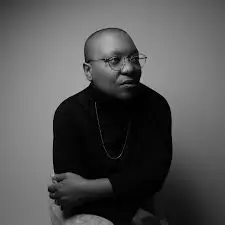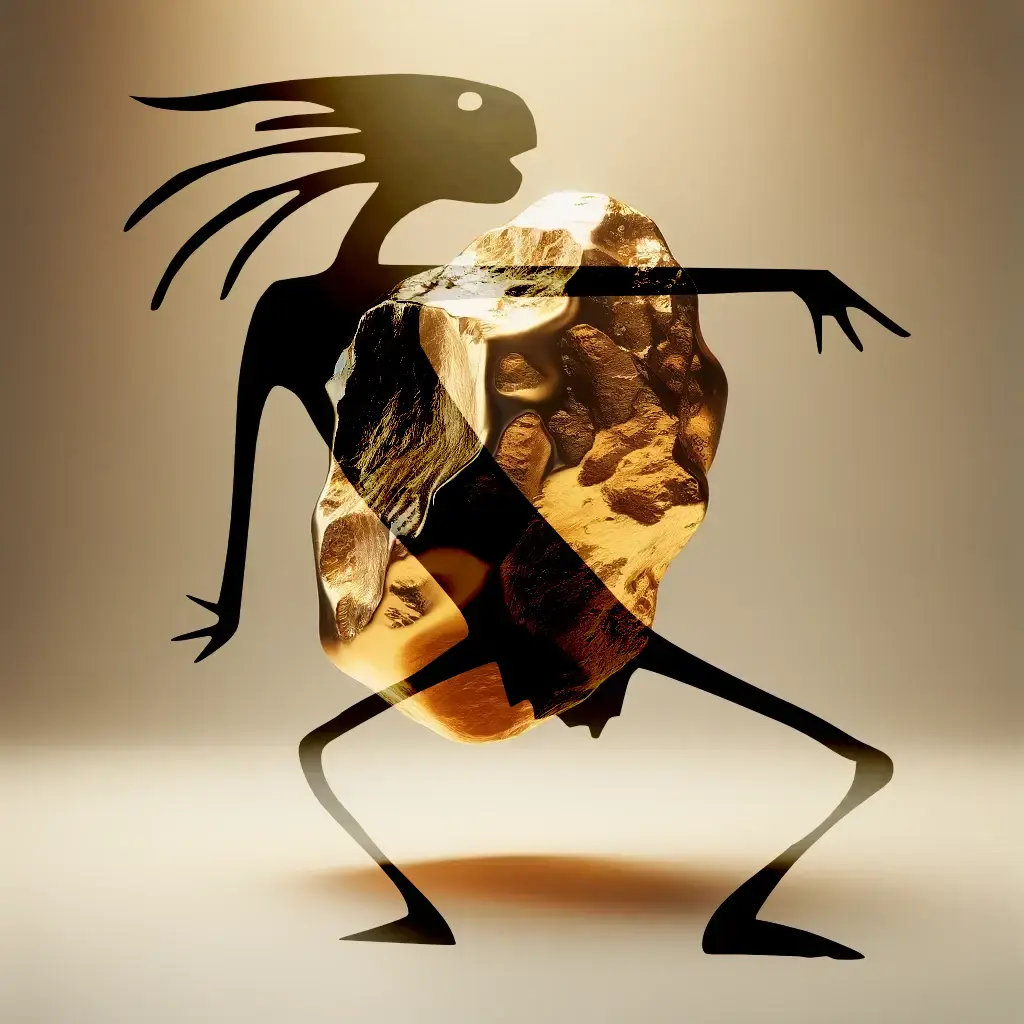-
Recently Browsing 0 members
- No registered users viewing this page.
-
Latest Activity
-
No originals in the current touring act. Hasn't been for a few years.
-
By pink_triangle · Posted
I have no doubt they would have raised their game to some extent. When Wrexham won beat the points record in the national league last season I think it was largely due to being pushed all season. Chesterfield this season we’re on course for a similar total but faded when winning the league with games to spare. So I agree they would also have upped their points, but if a team as good as City had been around then, there is no way Man Utd win as much. -
By Yoghurt on a Stick · Posted
I had cause to look this up earlier today. I have no idea what it's like, but thought I'd 'present' it, in case anyone was on a restricted budget; https://www.onbuy.com/gb/p/camping-sleeping-self-inflating-mat-10cm-thick-lightweight-single-camp-air-bed-and-connectable-double-camping-pads-and-compact-inflatable-roll-camping~p72925485/?exta=cjunct&stat=eyJpcCI6IjE3LjIwIiwiZHAiOiIwLjAwIiwibGlkIjoxMTc4MjE3NjksInMiOjQ4LCJ0IjoxNzE0MTExMjQzLCJibWMiOjB9&source=cj&AID=15292021&CJEVENT=5420f944055c11ef82354d210a18b8f8&extac=4023395 -
I'm revising my opinion about the greens maybe winning in Bristol I've just Heard on the local TV news what their election strategy is. A big dose of antisemitism to get the big Bristol Muslim vote. Guess they've forgotten about the sizable Jewish population. Much smaller than the Muslims. But probably more active in spreading the word.
-
-
Latest Festival News
-
Featured Products
-

Monthly GOLD Membership - eFestivals Ad-Free
2.49 GBP/month
-
-
Hot Topics
-
Latest Tourdates















Recommended Posts
Join the conversation
You can post now and register later. If you have an account, sign in now to post with your account.